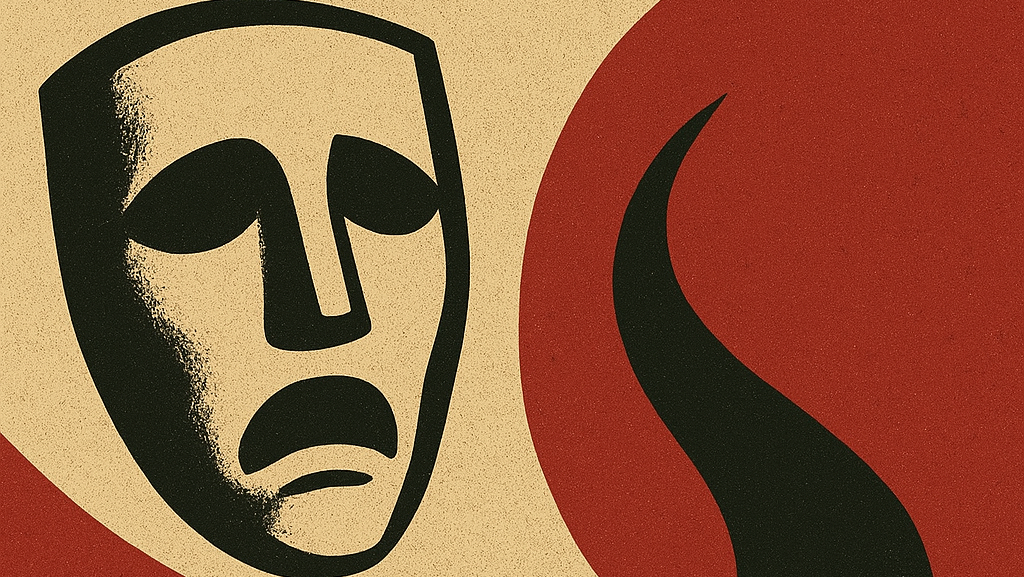
Theatre and Totalitarianisms
This project explores the relationship between theatre and totalitarianism, examining how performance has been shaped, controlled, and redefined under authoritarian regimes from antiquity to the present day. It investigates the ways in which theatre has served both as a tool of propaganda and as a space of resistance, highlighting the tension between state power and artistic freedom. The research traces this dynamic across historical contexts: from the use of theatre in classical societies and its relation to totalitarian regimes, to the strict ideological frameworks imposed on theatre in the 20th century under regimes such as Fascist Italy, Nazi Germany, and the Soviet Union. It also considers the persistence of these dynamics in contemporary contexts, where censorship, surveillance, and political manipulation continue to affect theatrical production and reception. By combining historical analysis with case studies of key playwrights, performances, and theatrical movements, the project seeks to uncover how theatre has both reflected and challenged totalitarian ideologies. Ultimately, it aims to demonstrate theatre’s enduring power as a site of political expression, negotiation, and dissent across different eras.
Staff:
Prof. Silvia Bigliazzi
Dr Francesco Dall’Olio
Dr Marco Duranti
Prof. Arturo Larcati
Dr Cristiano Ragni
Prof. Isolde Schiffermuller
Prof. Emanuel Stelzer
Prof. Gherardo Uoglini
Dr Roberta Zanoni
Past Events:
Arturo Larcati (Università di Verona) – Il Faust di Goethe al festival di Salisburgo (1933) – 10/04/2024
Gherardo Uoglini (Università di Verona), Eschilo sotto la svastica? L’Orestea berlinese del 1936 – 06/03/2024
Sara Troiani (Università di Coimbra – CECH), Gli spettacoli classici di Ettore Romagnoli e il regime fascista – 27/03/2024
